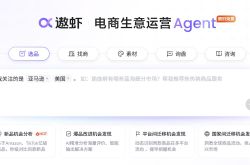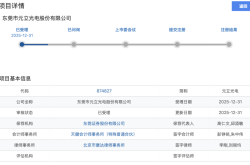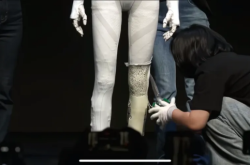NIO Tightens Its Belt: A Late Catch-Up Lesson from XPeng
![]() 03/13 2025
03/13 2025
![]() 635
635
In recent years, NIO has been lauded for its performance, but as competition intensifies in China's new energy vehicle market, its developmental bottlenecks have gradually surfaced. This March, NIO founder Li Bin confronted the limitations of the existing business model and decided to reassess and refine the company's strategy and management through a series of drastic structural adjustments. Media reports indicate that Li Bin has significantly increased his involvement in supply chain management, "deeply participating in numerous supply chain procurement projects, scrutinizing costs at crucial project nodes in product development, and directly engaging in price negotiations for core components, including batteries."
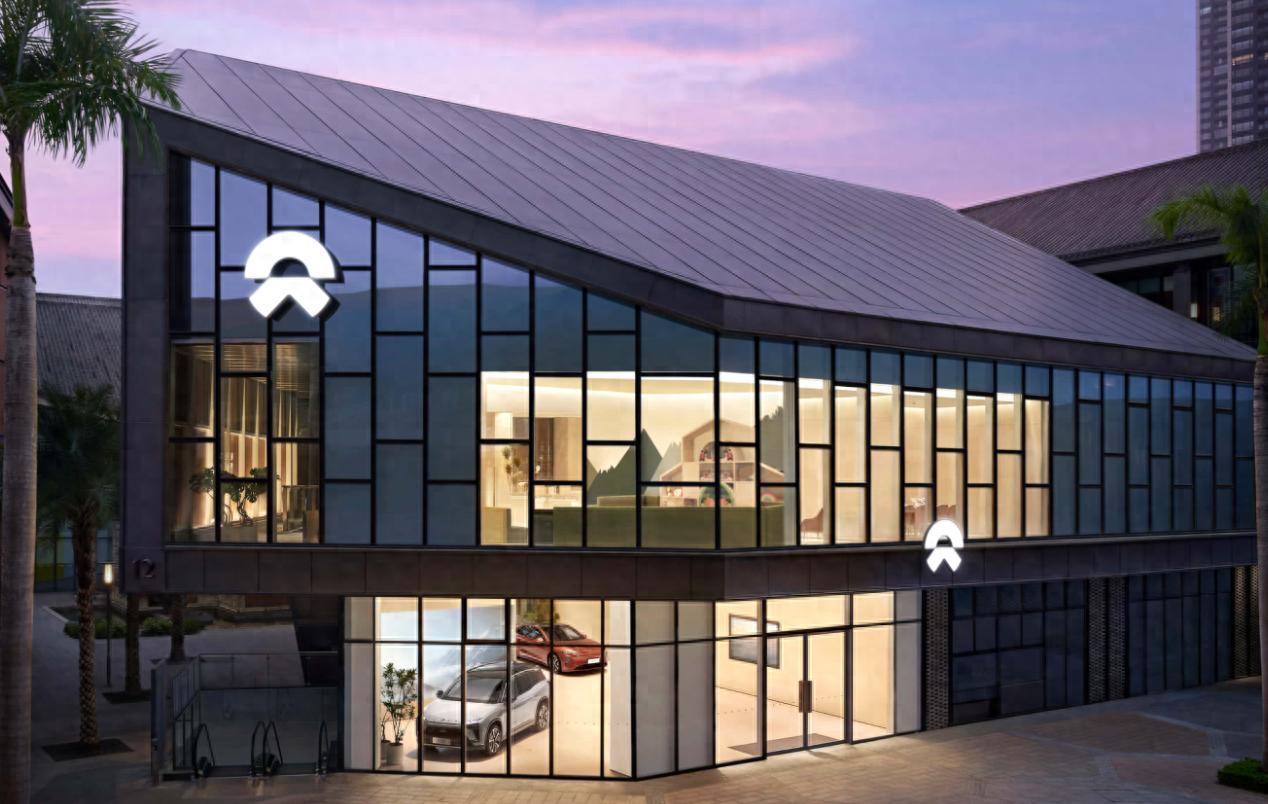
An 'Electric Tiger' with Over 100 Billion Yuan in Losses in a Decade
As one of the pioneering representatives of the new automotive forces, NIO has consistently projected an image of financial abundance since its inception. From the first supercar EP9 costing nearly 10 million yuan to chartering eight planes and inviting Imagine Dragons for a live performance to establishing battery swap stations in key business districts nationwide, lavish spending and abundant funding have been hallmarks of NIO.
NIO is a significant financier among new automotive players. According to incomplete statistics, since its founding, NIO has accumulated 118.3 billion yuan in financing, attracting investors such as the Abu Dhabi sovereign fund, Hefei local state-owned assets, and entrepreneurs like Ma Huateng, Lei Jun, Liu Qiangdong, and Yu Minhong.
NIO is also a prominent spender. This 'electric tiger' burns money as voraciously as a 'gas-guzzler' consumes fuel. Media statistics reveal that by the end of last year, NIO's cumulative losses surpassed 100 billion yuan.
After a decade of entrepreneurship, 100 billion yuan in financing, and 100 billion yuan in losses, what kind of NIO has emerged? In 2024, NIO delivered over 220,000 vehicles, ranking fifth among new energy vehicle companies. Notably, NIO is the sole automaker predominantly adopting the battery swap technology route, necessitating substantial fixed asset investment.
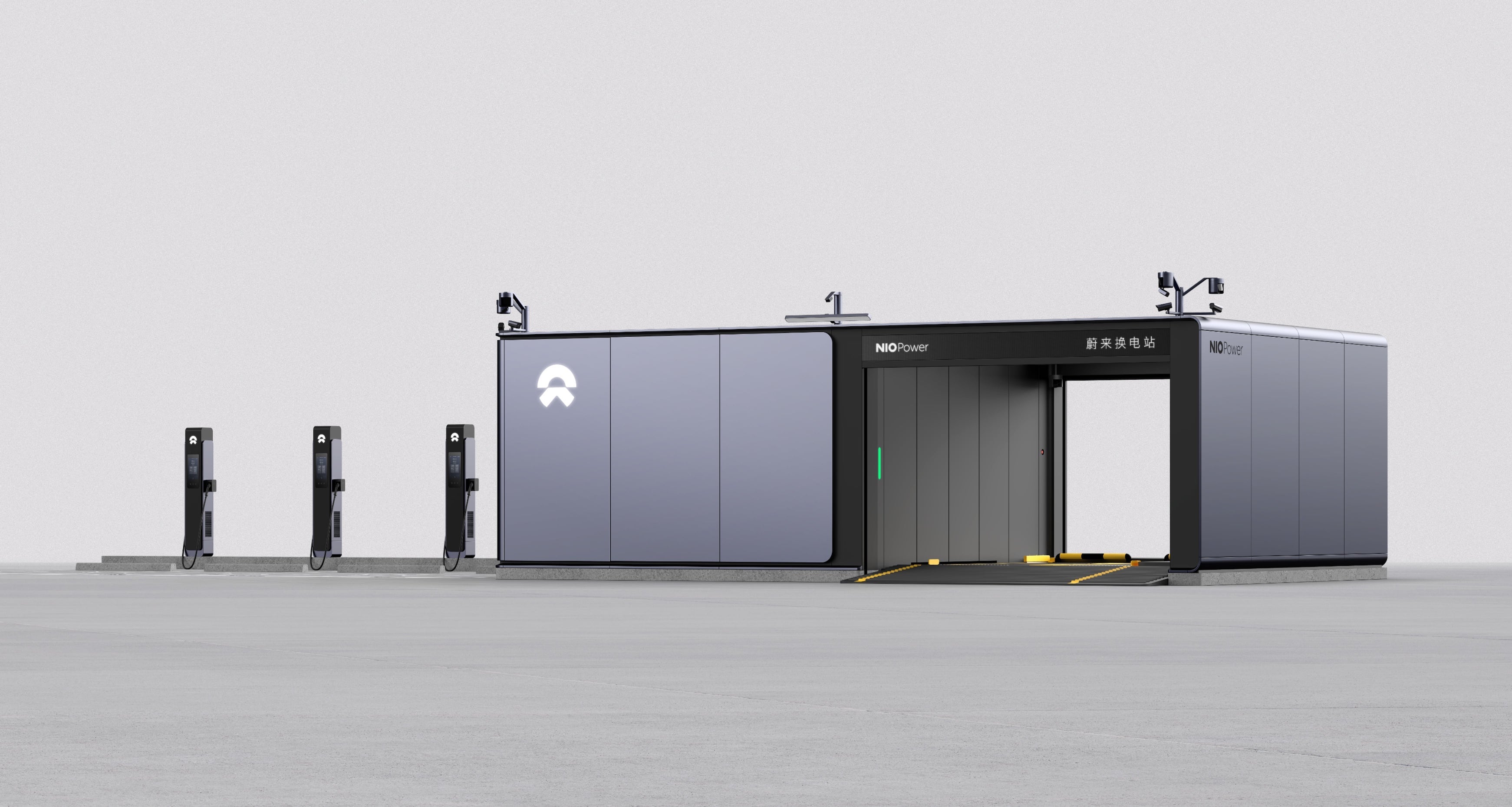
Currently, NIO faces a worsening situation: traditional automakers like BYD and Geely leverage scale to reduce costs and gradually expand market share, while fellow new automotive forces Ideal and XPeng exhibit stronger growth momentum, and newly entrants Huawei and Xiaomi automotive are gaining traction. From the 8th to the 10th week of 2025, NIO dropped out of the top 10 sales list of Chinese new energy vehicle brands, while XPeng, Ideal, Xiaomi, and ZERO Run were all on the list.
From a financial perspective, NIO's losses continue to escalate. In the third quarter of 2024, NIO generated revenue of 18.67 billion yuan, but its net loss reached 5.06 billion yuan, an 11% increase from 2023. Despite increasing sales, NIO's overall profitability has not improved due to declining vehicle prices and gross margins.
Hence, Li Bin and NIO are in a rush. Starting in February, the 'Basic Business Unit' (CBU) mechanism was implemented internally to foster organizational change across the company, enhance business awareness and efficiency among various departments, and salvage the situation.
Li Bin stated that the company will meticulously calculate the input-output ratio of each business unit, strictly control expenses, and ensure that every investment yields a return. While this reform can assist NIO in achieving a certain degree of operational optimization, the challenges remain immense. NIO has incurred losses for several consecutive quarters and is not anticipated to achieve profitability until 2026. To attain this goal, the company must bolster profitability by optimizing its organizational structure and reducing costs. This reform is evidently NIO's response to changes in the market environment and financial pressure. However, whether NIO's rough and laissez-faire development model can successfully transform in this round of changes remains to be seen over time.
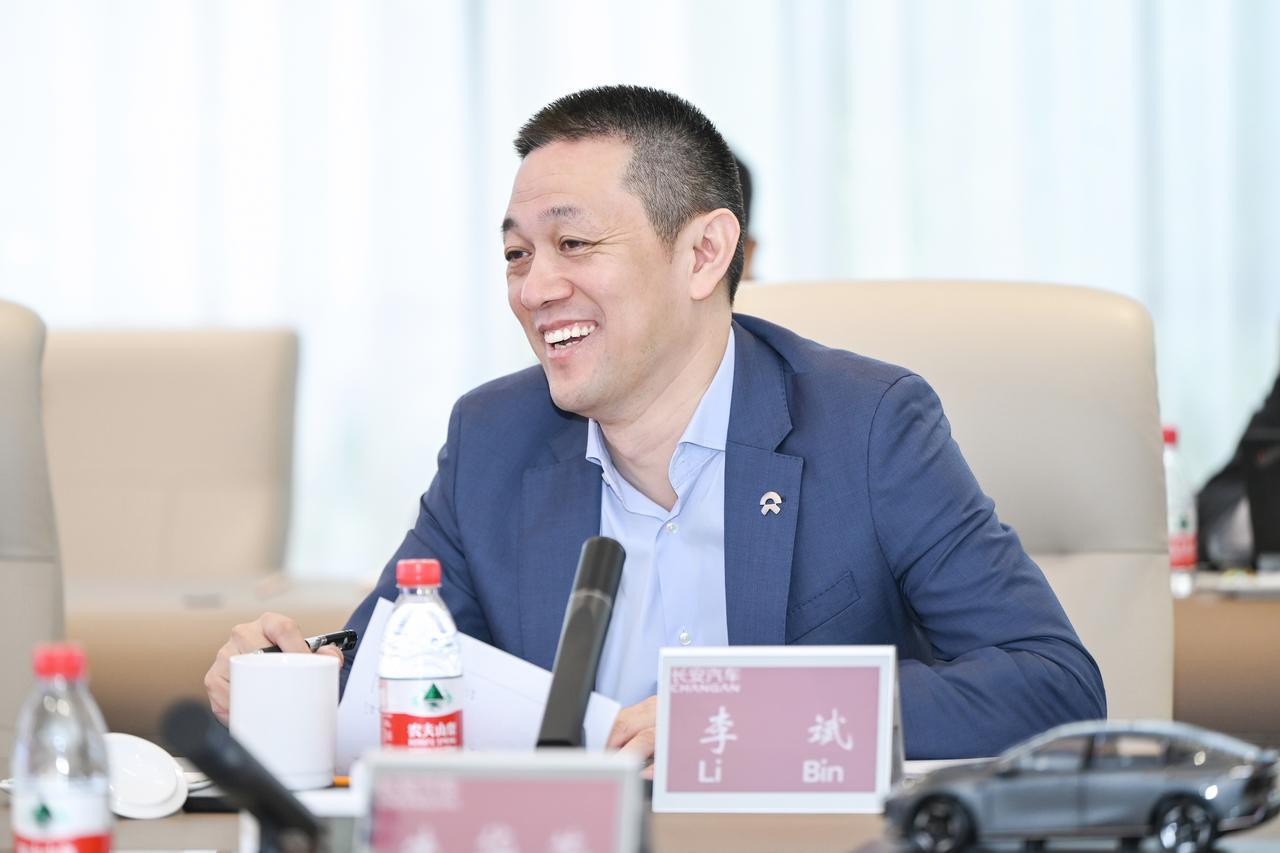
Li Bin Should Have Learned from He Xiaopeng Earlier
Li Bin and He Xiaopeng are considered 'good friends.' On their entrepreneurial journeys, they have repeatedly supported and encouraged each other. Currently, the reforms being implemented by NIO resemble lessons that new automotive forces must make up for. And this lesson, He Xiaopeng has already preemptively addressed.
Similar to NIO, XPeng Motors also confronted sluggish sales and profitability challenges in the previous two years. Over the past two years, XPeng has undertaken several key reform measures. Firstly, it has conducted a comprehensive overhaul of supply chain management. In 2023, XPeng thoroughly scrutinized every link of the supply chain, from the procurement of production raw materials to the production of components to the final delivery of complete vehicles, optimizing and controlling each link. By collaborating with traditional automotive giants like Volkswagen, XPeng not only secured a cost advantage in procurement but also enhanced overall production efficiency through refined internal management.
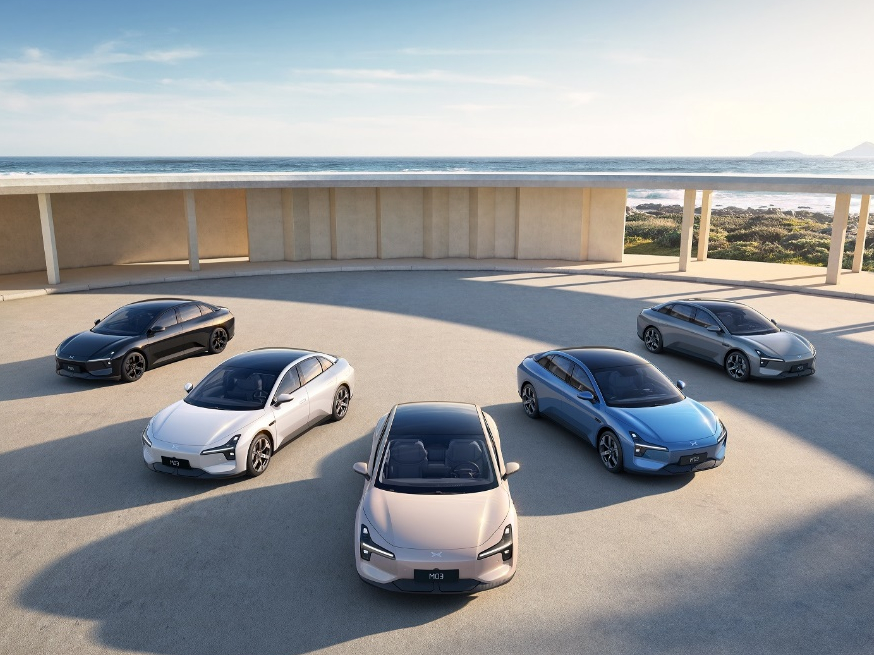
Particularly, the introduction of Wang Fengying from Great Wall Motors made He Xiaopeng aware of the complexities of large manufacturing enterprises. Subsequently, he personally led the restructuring of the company's internal management structure, dismissing multiple senior executives, completely dismantling barriers between departments, and fostering enhanced horizontal collaboration. As He Xiaopeng noted, 'The departmental walls are much higher than I imagined. Automobiles are a long chain, and high-level executives can still push through some things by selling each other face, but the junior staff simply can't work.' To address these issues, He Xiaopeng dismantled the traditional organizational structure within the company to ensure that all departments can collaborate more efficiently in product development, marketing, and other aspects.
Secondly, He Xiaopeng gradually recognized the significance of market orientation. Pure technological innovation cannot meet user needs, necessitating a shift from 'technology products' to 'user products.' This implies that XPeng needs to place greater emphasis on user experience and closely integrate technological innovation with market demand to ensure that each new vehicle resonates with consumers. Through in-depth communication with the team, He Xiaopeng propelled the product team to shift from technology orientation to market orientation, ensuring that each vehicle is not only technically sound but also meets users' actual needs.
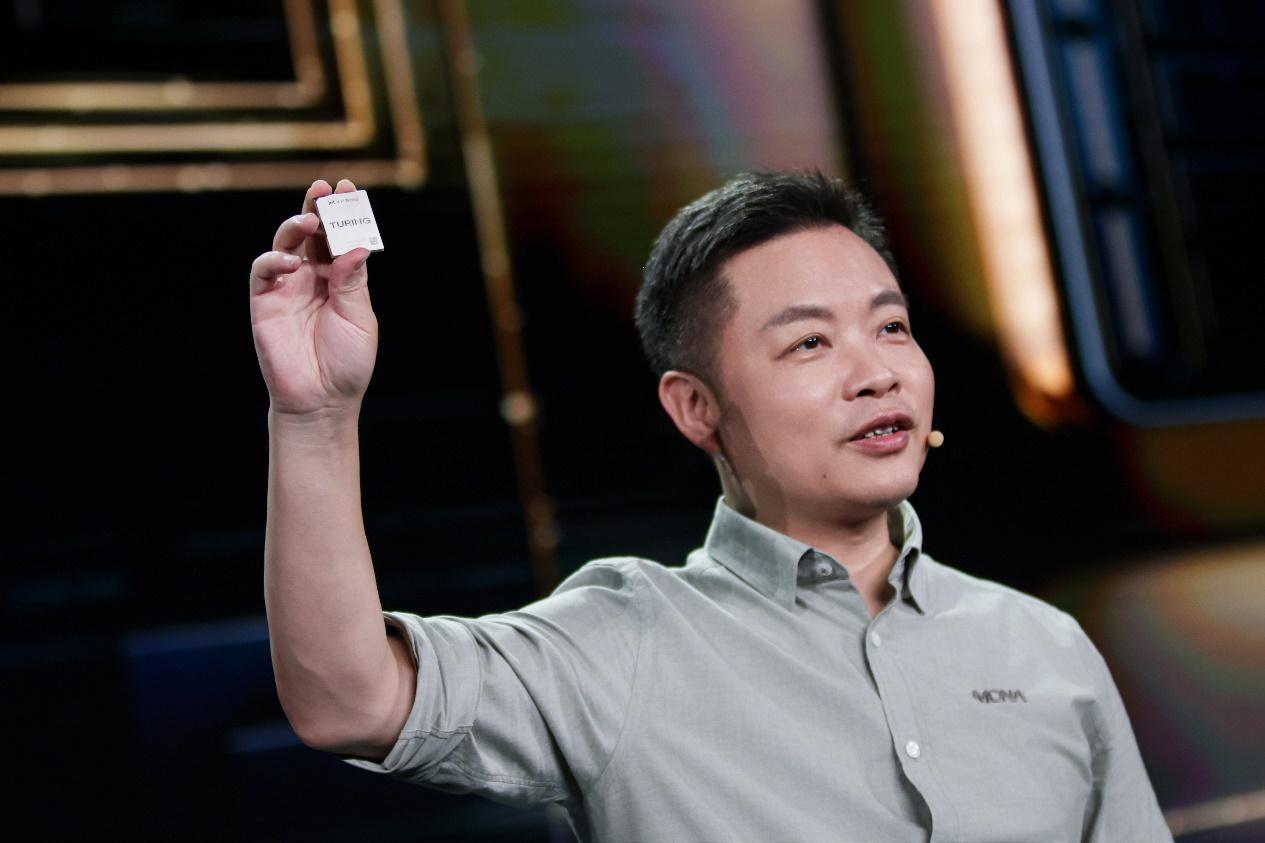
These reform measures have gradually restored XPeng's competitiveness in the market, and its financial situation has also significantly improved. In 2024, XPeng's monthly sales exceeded 30,000 units, achieving steady market share growth across the entire market. Meanwhile, XPeng's loss margin has been drastically reduced, and it is anticipated to achieve break-even in the next two years.
In comparison, XPeng's successful experience warrants deep reflection for NIO. In recent years, NIO has been overly reliant on capital subsidies and financing expansion, neglecting market changes and refined supply chain management. While this strategy allowed NIO to secure a significant market share in the short term, with changes in the market environment, the rough development model can no longer sustain future growth. Now, although NIO's transformation has commenced, it still needs to exert tremendous efforts to achieve tangible results.
Furthermore, whether NIO can strike a balance between technological innovation and cost control is crucial for its successful transformation in the future. As Li Bin stated, NIO's reform must aim for profitability and cannot solely rely on slogans of long-termism and technological innovation. Only by genuinely addressing the profitability issue can NIO remain invincible in future competition.
Images sourced from the official website; infringing images will be deleted.



